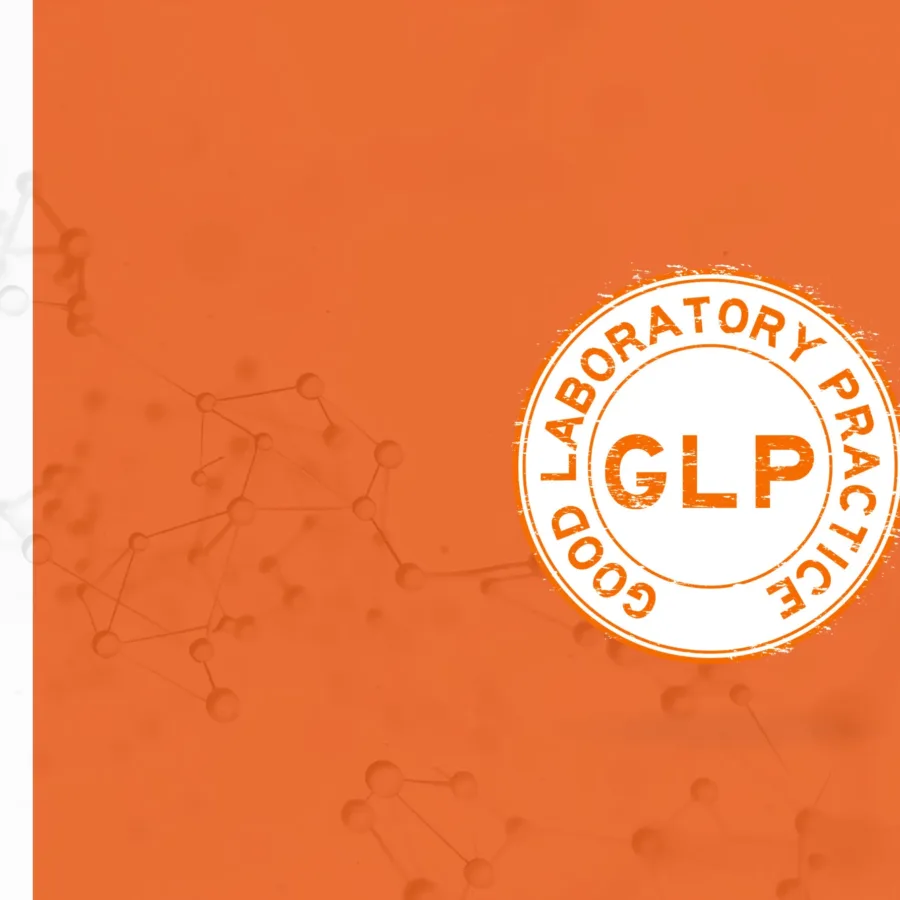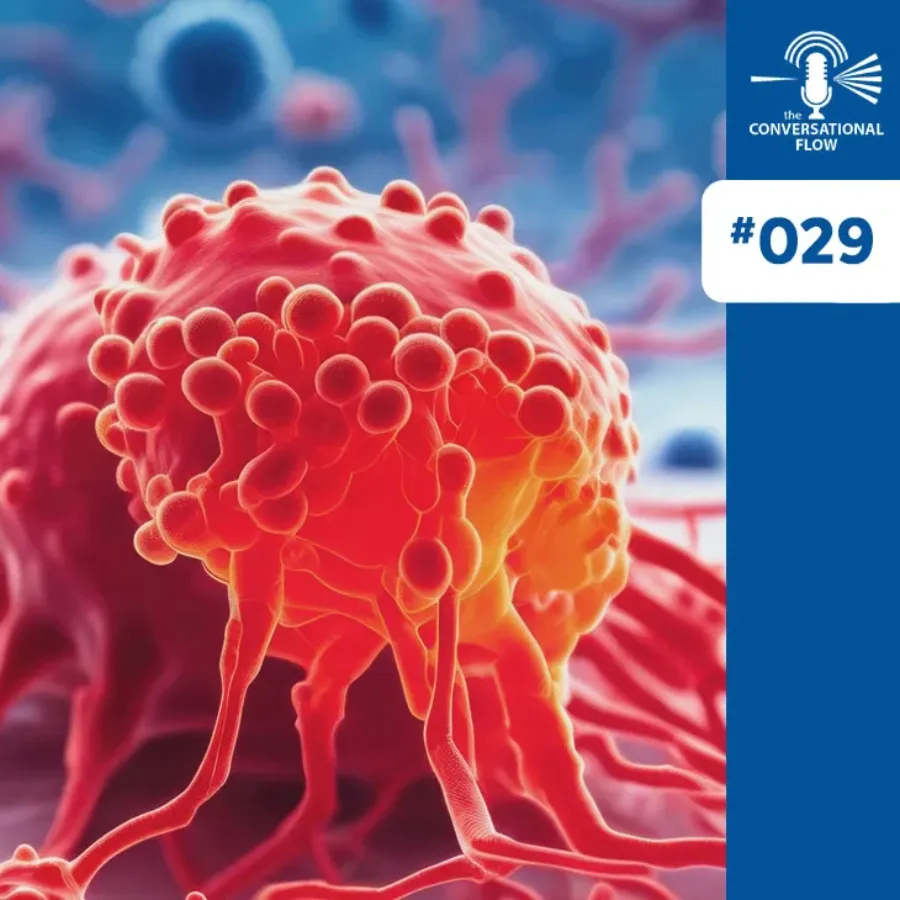 Blogs
Blogs
Developing a robust Pharmacokinetic (PK) assay for biotherapeutics often presents unforeseen biological hurdles. Occasionally, a traditional Ligand Binding Assay (LBA) may yield inconsistent data. In this particular case, the LBA assay was not reliably detecting drug in the matrix, potentially indicating some matrix stability issue during method development. In addition,…
 News
News
KCAS Bio is proud to announce that its EU site (Lyon, France) has successfully renewed its Statement of Compliance with Good Laboratory Practices (GLP), confirming its ability to deliver GLP-grade bioanalytical methods in support of preclinical studies. Our GLP test facility was granted a Level of compliance “A”, reinforcing KCAS Bio’s capability to…
 Podcasts
Podcasts
In episode #29 of “The Conversational Flow” podcast, our hosts, Brian and Adam, are joined by guests from Accelerating Cancer Immunotherapy Research (ACIR), a nonprofit dedicated to sharing important advances in cancer immunotherapy with the scientific community and the public. Ute Burkhardt discusses her background in cancer vaccines and neoantigen-driven…
 May 31
- June 4
May 31
- June 4
KCAS Bio will be attending the 74th Conference on Mass Spectrometry and Allied Topics (ASMS) in San Diego, California from May 31 – June 4, 2026. This event is a cornerstone in the field of mass spectrometry, bringing together experts, innovators, and visionaries to share advancements and explore the future…
 May 11
- May 15
May 11
- May 15
KCAS Bio is exhibiting at the Annual Meeting of the American Society of Gene & Cell Therapy (ASGCT), taking place May 11th-15th, 2026, in Boston, MA. This event serves as a global hub for scientific discovery and collaboration, bringing together leaders and innovators in the field of gene and cell…
 May 11
- May 14
May 11
- May 14
KCAS Bio will be exhibiting at the American Association of Pharmaceutical Scientists National Biotechnology Conference (AAPS NBC), taking place from May 11th to May 14th, 2026, in San Diego, California. Driving Innovation in Biotech Collaborations Biotechnology is a field of constant evolution, requiring adaptability, innovation, and collaboration. KCAS Bio stays…
 Blogs
Blogs
Reliable immune profiling across global studies depends on methods that perform consistently, regardless of where they are run. We address this question in the white paper entitled “Cross-Site Validation of a 15-Color Spectral Cytometry Panel for Leukocyte Profiling,” documenting a global collaboration between KCAS Bio and its strategic partner,…
 Posters & Papers
Posters & Papers
Discover in this white paper a global collaboration between KCAS Bio and its strategic partner, Crux Biolabs, to harmonize and validate a standardized 15-color spectral flow cytometry panel for pan-leukocyte profiling across multiple sites. If you have any questions about these services or any others offered by…
 April 27
- April 28
April 27
- April 28
KCAS Bio will be attending BioVaria in Munich, on April 27-28, 2026. This event connects leading tech transfer professionals and academic innovators with start-ups and representatives from the global biotech and pharma industry. Supporting Biologics Drug Development KCAS Bio supports small and large molecule drug development across preclinical and…
 March 26
- March 26
March 26
- March 26
KCAS Bio will be attending Innovation for Health in Utrecht, March 26, 2026. This events brings together key players from the Life Sciences & Health ecosystem. Centered on the theme “Bridging the Gap – From Idea to Innovation & from Patent to Patient,” the conference fosters insight sharing, collaboration, and…
 April 21
- April 22
April 21
- April 22
KCAS Bio will be attending German Biotech Days in Leipzig, on April 21–22, 2026. German Biotech Days (DBT) bring together entrepreneurs, scientists, and key partners from across the biotech ecosystem, including investors, funding institutions, policymakers, and public administration. Supporting Biologics Drug Development KCAS Bio supports small and large molecule…
 March 24
- March 25
March 24
- March 25
KCAS Bio will be attending NextGen Biomed 2026 in London, on March 24–25, 2026. NextGen Biomed is a long-standing, community-driven platform that brings together the biologics and immunotherapy ecosystem to foster interdisciplinary collaboration and knowledge sharing across the R&D lifecycle. Supporting Biologics Drug Development KCAS Bio supports biologics drug…